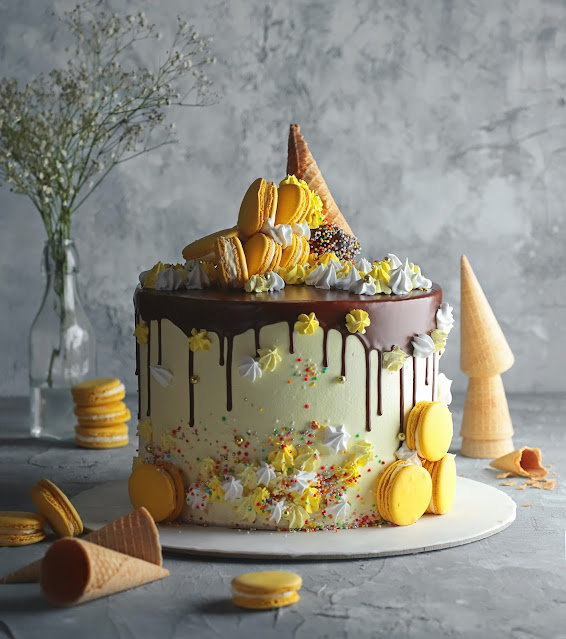Why Minimalism Might Make You Happy Even If You're Skeptical
Have you heard, said, or thought any of these sentiments?
- "I could never be a minimalist because I hate modern art and furniture."
- "I could never be a minimalist because I have kids, and they need a ton of stuff."
- "I could never be a minimalist because I need all my equipment for [name of hobby]."
- "I could never be a minimalist because our economy will die if we all stop shopping."
These (and other) myths might be preventing you from finding the clarity, peace, time, energy, and joy of minimalism.
What's the truth?
1. It's true that the minimalist aesthetic emerged in the 1960's and featured extreme simplicity, a lot of geometric shapes, and a disdain for emotional expression. Artist Frank Stella's statement, "What you see is what you see" became the movement's mantra.
No thank you.
But this isn't the 1960's, and a white box with zero comfort and personality isn't what I'm selling. It's true that minimalists choose to live without unneeded and unloved items, and their possessions are easy to find and use because each has a place to belong. But minimalism is personal – you decide what has value and what doesn't.
Subscribe to receive my free printable
and declutter 100 items (or more) in just one hour!
2. It's true that you shouldn't (or couldn't) make your house look like children don't live there if children do. But a minimalist doesn't want to hide that fact. She simply doesn't want toys to colonize every room in the house or become a constant source of struggle, stress, and disagreement.
I've seen parents who buy their children a new toy every week (the same way they buy new clothes, shoes, accessories, cosmetics, décor, entertainment, gadgets, or something for themselves every week). I've also seen parents who provide their kids with a few classic, open-ended toys (such as Legos, dolls, and old clothes for dress-up), some books, and plenty of access to the library and the public park.
Without exception, the second group is more creative, better at sharing and collaborating with other children, and less whiny and demanding.
It's true that children need toys and clothes and other equipment, but limits encourage creativity and preserve your sanity.
Related article: How Limits Help You Become More Creative
3. It's true that hobbies like woodworking, home brewing, sewing, and baking can take a lot of equipment and materials. If you need or want to live in a fairly small space it might be hard to find room for a piano or an easel and painting supplies.
But minimalism is about removing the things you don't need or want in order to make time and space for the things you value. If you care about restoring an old car or creating a setup for model trains, you can still do either of those things as a minimalist.
Subscribe to receive my free printable
and declutter 100 items (or more) in just one hour!
The problem comes when you make the leap from "I can't be a minimalist because I love my books too much" to "I'm not a minimalist, so it's fine if I hang on to all of this clutter I don't need or use," or even "I'm not a minimalist, so I can keep buying and consuming whatever I want whenever I want it."
It's true that you don't have to let your love for a hobby keep you from getting rid of the things that are clogging your home and your calendar.
4. It's true that if we all stopped consuming our economy would die. But we're alive, so we'll always need to consume. We need to eat, we need shelter, we need clothing, transportation, education, and medical care. We need haircuts, tech support, and people who know how to build and repair things. We'll always need to purchase goods and services.
Humans need to be creative, so we'll also continue to purchase items and experiences that go beyond our basic needs.
But Big Business and our hyper-capitalist society sell the lie that we need even more.
- It's not enough to have a car – we need to upgrade that car every couple of years.
- It's not enough to have a phone – we need to upgrade that phone every time a newer model appears.
- It's not enough to have a house – we need to constantly upgrade and upsize our housing.
- It's not enough to have clothing – we need to follow trends that change every few months.
Overconsumption is the name of the game, and we've been told it's "patriotic."
What's true is that there are plenty of ways to inject money into the economy without buying something we don't need.
- Give to a non-profit organization, and your money enters the economy when the hungry are fed, the poor are housed, the oppressed are represented, and people's bodies and spirits are uplifted by medical research or the arts.
- Save or invest, and your money strengthens the economy when entrepreneurs borrow capital to start a business or develop a product or idea.
Bottom line – Big Business cares about their profits, period. They want to make you discontented, not happy.
Don't listen to the nay-sayers.
Modern life is complicated, stressful, and nonstop. Most of us are too far in debt or too afraid of missing out to stop and pay attention to anything outside the status quo. Don't fall for the myths – we could all do with a bit of minimalism.
Updated July 2022







Comments
Post a Comment